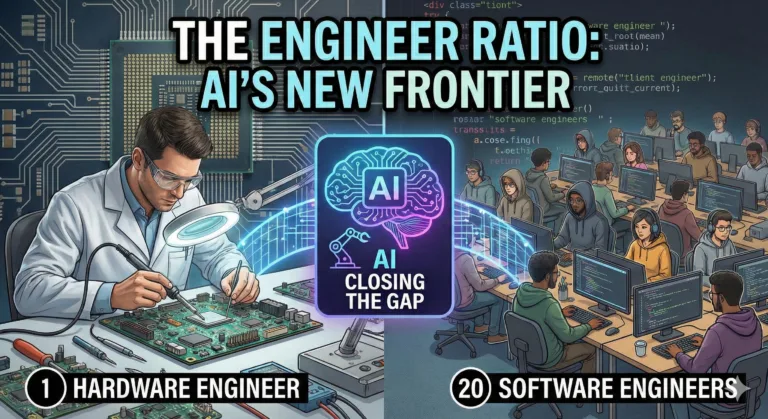Advantest, the Japanese leader in semiconductor test equipment, has unveiled a groundbreaking AI-driven testing platform, signaling a major leap forward for the global chip industry. Announced on October 6, 2025, this innovation promises to dramatically enhance the efficiency, accuracy, and scalability of semiconductor production—especially critical as demand surges for advanced chips powering AI, 5G, and high-performance computing.
Semiconductor Testing and Advantest
Semiconductor testing has long been a bottleneck in chip manufacturing, traditionally requiring weeks of data collection, fault analysis, and iterative test cycles to ensure quality and performance. As devices grow more complex and production volumes explode, the industry has sought ways to accelerate testing without sacrificing reliability.
Founded in Tokyo in 1954, Advantest is a global force in automatic test and measurement equipment, serving the world’s most advanced semiconductor production lines. Its systems are integral to applications ranging from smartphones and IoT devices to autonomous vehicles and AI hardware.
Advantest’s Solution for Semiconductor Testing.
Advantest’s new platform, the Advantest Cloud Solutions Real-Time Data Infrastructure (ACS RTDI™), integrates NVIDIA’s advanced machine learning technology to transform testing from a reactive, validation-based process into a predictive, continuously adaptive system. This shift is enabled by real-time AI inference, allowing manufacturers to optimize test parameters for every chip as it moves through production.
NVIDIA has already selected ACS RTDI for high-volume production of its latest AI-enabled chips, including the Blackwell architecture and next-generation devices. The system leverages GPU-accelerated compute to handle massive data streams, supporting concurrent training of multiple machine learning models and enabling non-stop, dynamically optimized test coverage.
“Integrating NVIDIA AI inference into high-volume production demonstrates the transformative potential of ACS solutions,” said Michael Chang, vice president and general manager of ACS at Advantest. “Together, we are accelerating the fusion of compute and data, paving the way for a new era of semiconductor testing that is adaptive, scalable, and intelligence-driven.”
Advantest also plans to incorporate NVIDIA’s NeMo and NIM microservices into its analytics solutions, enabling generative AI applications directly within the test environment. This will allow for even more sophisticated data curation, model evaluation, and deployment of AI agents tailored to specific production challenges.
Industry Impact and Public Response.
The announcement has drawn positive reactions from industry experts, particularly in Japan and across East Asia, where semiconductor manufacturing is a cornerstone of the regional economy. Local tech forums are buzzing with discussions about how this innovation could bolster the competitiveness of Asian chipmakers on the global stage.
By reducing latency, power consumption, and costs—while simultaneously improving yields—ACS RTDI is poised to become a critical tool for manufacturers striving to meet the exploding demand for AI and high-performance chips. Early adopters report significant gains in efficiency and reliability, with the system already proven at high-volume production sites worldwide.
Future Outlook
Advantest’s AI-powered testing represents more than a technical milestone; it is a strategic shift toward intelligence-driven manufacturing. As the company continues to integrate cutting-edge AI tools, the entire semiconductor supply chain stands to benefit from faster time-to-market, higher quality, and greater flexibility in responding to evolving production needs.
With SEMICON West 2025 on the horizon, Advantest is set to showcase these advancements to a global audience, further cementing its role as a catalyst for innovation in semiconductor testing.
Discover more from WireUnwired Research
Subscribe to get the latest posts sent to your email.




